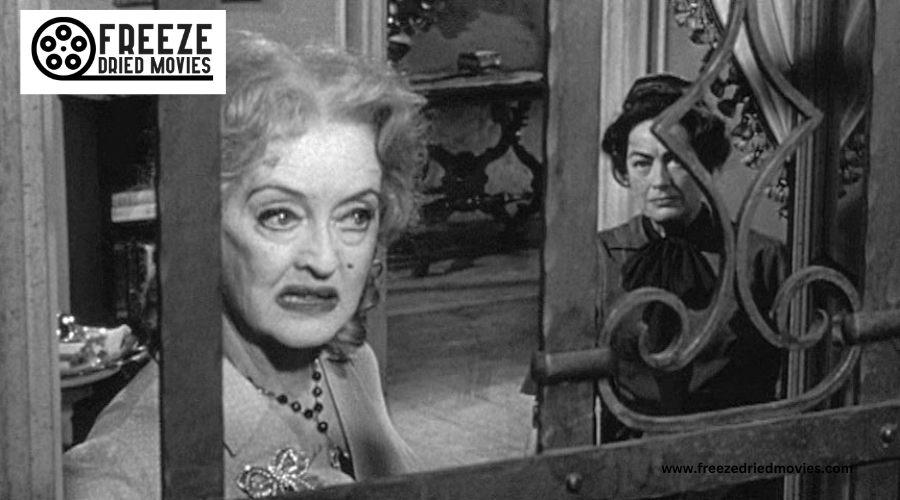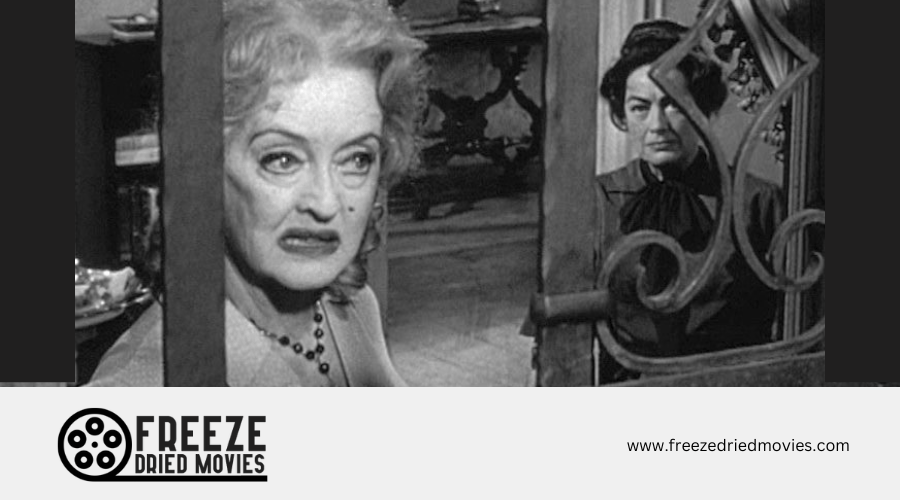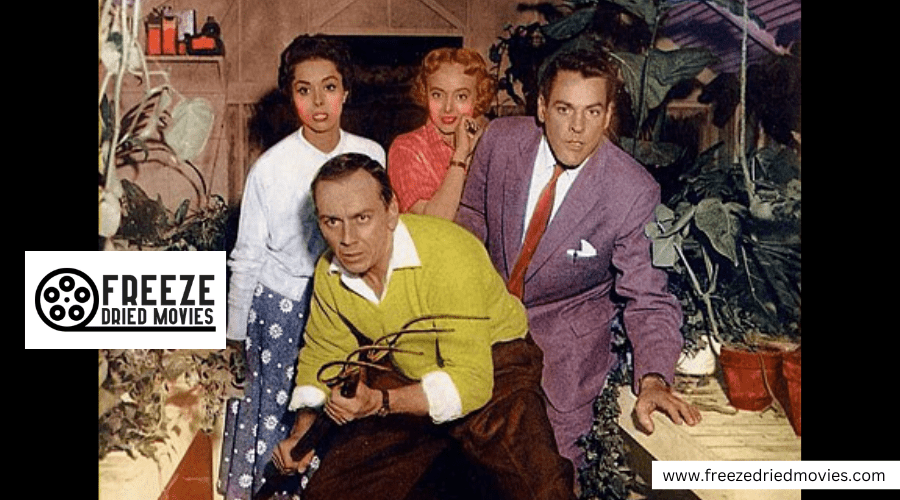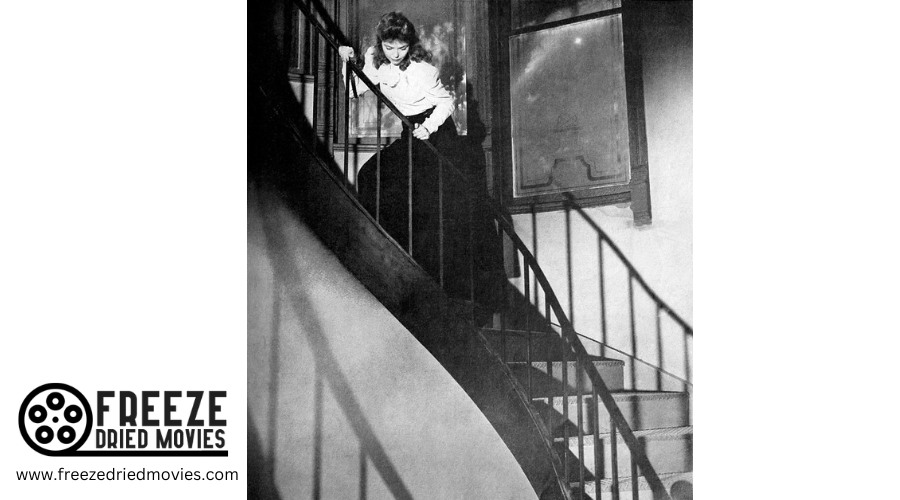How Many Horror Movies Have Won Oscars?
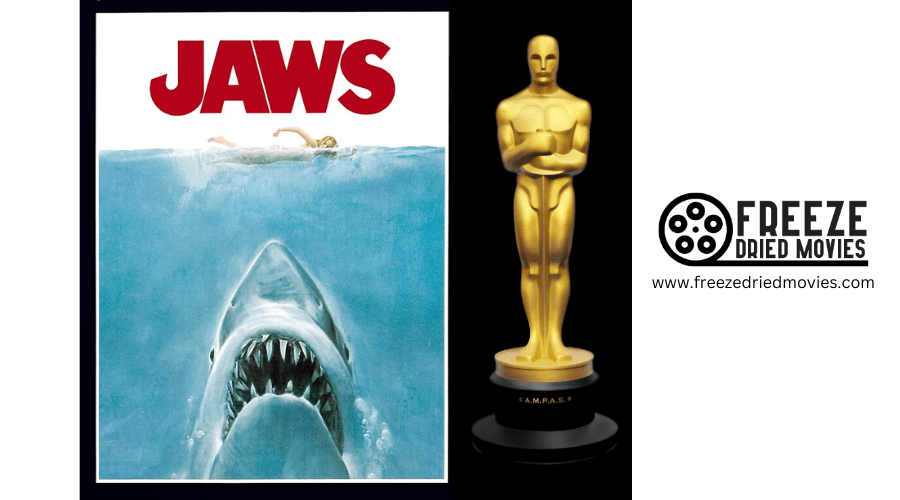
While horror films often struggle for recognition at the Oscars, several have won coveted awards. "The Silence of the Lambs" made history as the only horror film to win Best Picture, sweeping all five major categories. Other notable winners include "The Exorcist" (Best Adapted Screenplay), "Get Out" (Best Original Screenplay), and films like "Bram Stoker's Dracula" and "An American Werewolf in London" that dominated technical categories. The genre's Oscar journey reveals surprising Academy appreciation.
Key Takeaways
- At least 10 horror films have won Oscars across various categories including "The Exorcist," "Jaws," and "Get Out."
- "The Silence of the Lambs" stands as the only horror film to win Best Picture, sweeping all five major Oscar categories.
- Horror films frequently excel in technical categories, with movies like "The Fly" and "American Werewolf in London" winning for Makeup.
- "Bram Stoker's Dracula" (1992) claimed three technical Oscars for Makeup, Costume Design, and Sound Editing.
- Horror has achieved success in acting categories with winners including Kathy Bates, Jodie Foster, and Fredric March.
The First Horror Films to Win Academy Awards
When did horror first infiltrate the prestigious halls of the Academy Awards? Surprisingly early! In 1931, "Dr. Jekyll and Mr. Hyde" broke ground when Fredric March won Best Actor, making it the first horror film to receive a major Oscar recognition.
Throughout the 1930s and 40s, horror continued gaining technical acknowledgment. "Bride of Frankenstein" (1935) earned a nomination for Best Sound Recording, while "The Invisible Man Returns" (1940) competed for Best Visual Effects.
The genre's biggest breakthrough came with 1973's "The Exorcist," which not only secured a Best Picture nomination but won for Best Adapted Screenplay and Best Sound. Later, "Bram Stoker's Dracula" (1992) claimed three technical Oscars: Best Makeup, Best Costume Design, and Best Sound Editing. Horror's ultimate Academy triumph arrived with "The Silence of the Lambs" (1991)—the only horror film ever to win Best Picture.
Horror films like "Fright Night" featured impressive practical effects including vampire contact lenses that actors could only wear for 20-minute intervals due to discomfort and vision limitations.
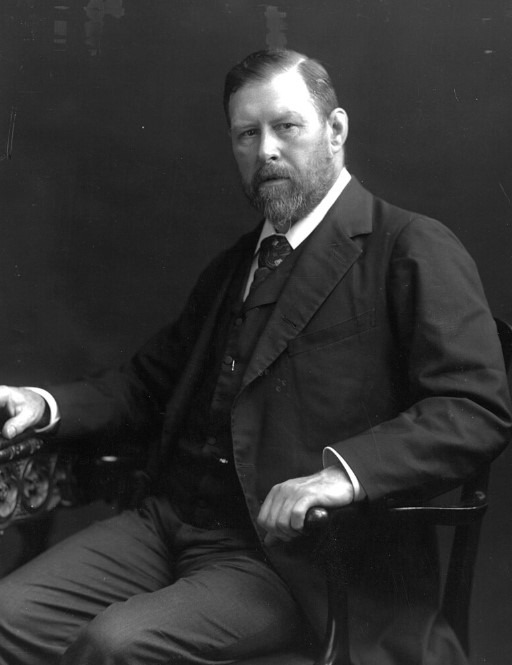
Horror Movies That Dominated Technical Categories
Although horror films rarely claim the spotlight in major Oscar categories, they've consistently excelled in technical achievements, often showcasing groundbreaking innovations that push filmmaking boundaries.
You'll find that "The Fly" earned the Academy Award for Best Makeup in 1986 with its grotesque transformation effects, while "An American Werewolf in London" and "The Wolfman" claimed the same Oscar for their revolutionary werewolf metamorphoses. Bram Stoker's "Dracula" impressed the Academy in 1992, securing three technical Awards for Makeup, Costume Design, and Sound Editing.
Meanwhile, Tim Burton's gothic visions "Sleepy Hollow" and "Sweeney Todd" both captured Oscars for Best Art Direction. "Death Becomes Her" stands out for winning the Visual Effects Oscar, showcasing Industrial Light & Magic's technical prowess in 1992. The evolution of these award-winning techniques owes much to pioneers like Lon Chaney, whose Man of a Thousand Faces approach to transformative makeup set the foundation for all future horror film effects.
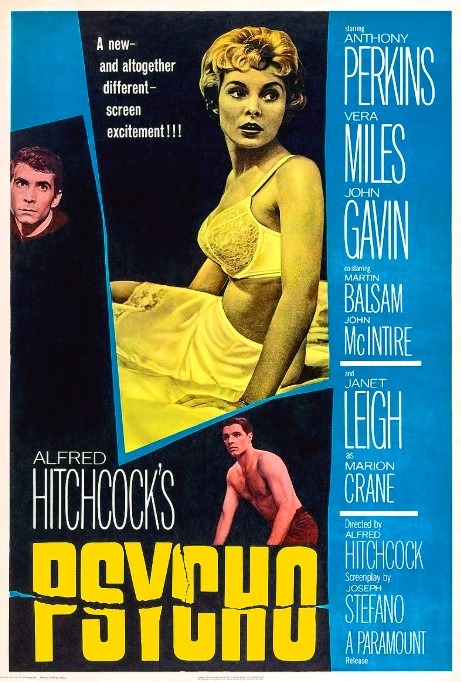
Rare Horror Breakthrough: Best Picture Nominations and Wins
While technical achievements have secured horror films a place at the Academy Awards, the genre's presence in prestigious categories like Best Picture remains exceptionally rare. The Silence of the Lambs (1991) stands alone as the only horror movie to win the Academy Award for Best Picture, breaking the genre's Oscar ceiling.
Horror films have earned Oscars for technical prowess, yet rarely ascend to Best Picture glory.
Several other horror films have come close:
- Psycho (1960) earned a Best Picture nomination, showcasing Alfred Hitchcock's groundbreaking psychological horror
- The Exorcist (1973) frightened audiences and impressed Academy voters with its Best Picture nomination
- Jaws (1975) received four nominations including Best Picture, winning three technical Oscars
- Black Swan (2010) secured five nominations with Natalie Portman winning Best Actress
- Get Out (2017) earned four nominations and won Best Original Screenplay
Horror films have found more success in technical categories, with Bram Stoker's Dracula earning three Academy Awards for Best Costume Design and other visual elements in 1992.
The Silence of the Lambs' Historic Oscar Sweep
In the annals of Oscar history, no horror film has achieved what "The Silence of the Lambs" accomplished in 1992. This psychological horror masterpiece swept the five major Academy Awards categories: Best Picture, Best Director (Jonathan Demme), Best Actress (Jodie Foster), Best Actor (Anthony Hopkins), and Best Adapted Screenplay.
The film's unprecedented success proved that when exceptionally crafted, horror can transcend genre limitations and receive the industry's highest accolades. "The Silence of the Lambs" remains the only horror film to win Best Picture, cementing its legendary status and demonstrating horror's potential for artistic excellence. Following Hitchcock's revolutionary work in psychological tension through films like Psycho, The Silence of the Lambs continued the tradition of exploring human evil rather than relying on supernatural monsters.
Horror's Surprising Success in Acting Categories
Despite the Academy's general reluctance to honor horror films, the acting categories have proven surprisingly receptive to exceptional performances within the genre. You'll find that several actors have secured Oscar gold for their haunting portrayals in horror and psychological thrillers.
- Kathy Bates captured the Best Actress Oscar for her terrifying performance as Annie Wilkes in Misery
- Jodie Foster earned Best Actress for her portrayal of Clarice Starling in The Silence of the Lambs
- Natalie Portman won Best Actress for her descent into madness in Black Swan
- Ruth Gordon secured a Best Supporting Actress Oscar for her role in Rosemary's Baby
- Fredric March made history early, winning Best Actor for his dual role in 1931's Dr. Jekyll and Mr. Hyde
These wins demonstrate that while horror films may struggle for recognition in other categories, powerful performances can transcend genre limitations.

